9 Cash-Rich Stocks to Buy Now
You'll never be able to get a good feel for corporate health if you ignore the thing we're all in business to earn: cash.

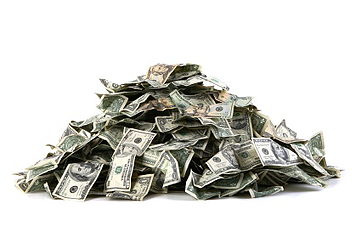
Profit and prosper with the best of Kiplinger's advice on investing, taxes, retirement, personal finance and much more. Delivered daily. Enter your email in the box and click Sign Me Up.
You are now subscribed
Your newsletter sign-up was successful
Want to add more newsletters?

Delivered daily
Kiplinger Today
Profit and prosper with the best of Kiplinger's advice on investing, taxes, retirement, personal finance and much more delivered daily. Smart money moves start here.

Sent five days a week
Kiplinger A Step Ahead
Get practical help to make better financial decisions in your everyday life, from spending to savings on top deals.

Delivered daily
Kiplinger Closing Bell
Get today's biggest financial and investing headlines delivered to your inbox every day the U.S. stock market is open.

Sent twice a week
Kiplinger Adviser Intel
Financial pros across the country share best practices and fresh tactics to preserve and grow your wealth.

Delivered weekly
Kiplinger Tax Tips
Trim your federal and state tax bills with practical tax-planning and tax-cutting strategies.

Sent twice a week
Kiplinger Retirement Tips
Your twice-a-week guide to planning and enjoying a financially secure and richly rewarding retirement

Sent bimonthly.
Kiplinger Adviser Angle
Insights for advisers, wealth managers and other financial professionals.

Sent twice a week
Kiplinger Investing Weekly
Your twice-a-week roundup of promising stocks, funds, companies and industries you should consider, ones you should avoid, and why.

Sent weekly for six weeks
Kiplinger Invest for Retirement
Your step-by-step six-part series on how to invest for retirement, from devising a successful strategy to exactly which investments to choose.
You'll never be able to get a good feel for corporate health if you ignore the thing we're all in business to earn: cash. Without it, a business can't expand or attract investors. And it's not as easy to manipulate as the earnings figures produced under generally accepted accounting principles, or GAAP.
What really counts is free cash flow. Warren Buffett calls it "owner earnings," or money that is available to shareholders if the business chooses to distribute it. Having this cash on hand bolsters a company's financial strength, freeing it up to make acquisitions or attract investors with dividends or share buybacks. No single measure indicates healthy cash flow, but I look at whether free cash flow exceeds GAAP earnings by at least 10% -- in other words, the ratio of free cash flow to earnings (FCF/E) should be at least 1.1. (I use a three-year average.)
I recommend the following nine companies for good cash flow. (All prices and related data are as of market close on August 15; click on the ticker symbols for more recent information.)

Apple (AAPL)
52-week high: $622.51
52-week low: $354.51
2011 free cash flow (in billions): $30.1
FCF/E (3-year average): 1.2
When I think of cash, I think of Apple, a great company that generates tons of the green stuff. Between 2007 and 2011, Apple's net income -- the headline annual profits that most investors focus on -- rose by $22 billion. But over the same period, annual cash flow jumped from $5 billion to $38 billion.
Like geeks lining up for each new iGadget release, Apple investors anxiously awaited the company's first quarterly dividend of $2.65 a share, paid on August 16. The stock yields 1.7% and, despite a seemingly high price of $630.83 a share, it trades at just 12 times estimated earnings per share of $52.50 for the fiscal year that ends in September 2013.
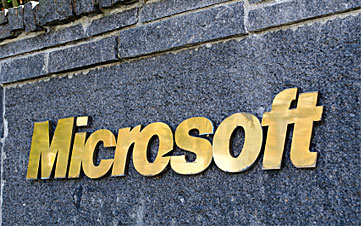
CF Industries (CF)
52-week high: $211.52
52-week low: $119.94
2011 free cash flow (in billions): $1.8
FCF/E (3-year average): 1.2
A standout in an unlikely business is CF Industries, a fertilizer producer based in Deerfield, Ill. In 2011, its free cash flow roughly doubled, to a hefty $1.8 billion, from the previous year, as it had from the preceding year as well. Lately, CF's capital expenditures have been well below its depreciation, but the company's revenues keep rising. CF's strong cash performance has, quite naturally spurred its board to boost the dividend -- from an annual rate of 40 cents per share in 2010 to a rate of $1.60 today.

Microsoft (MSFT)
52-week high: $32.42
52-week low: $23.34
2011 free cash flow (in billions): $24.6
FCF/E (3-year average): 1.1
Microsoft's depreciation and capital expenditures have both averaged about $2.5 billion annually for the past three years, an insignificant number for a company that generated operating cash flow of $31.6 billion for the fiscal year that ended June 30, and free cash flow of $29.3 billion, a figure that's risen by 84% in three years.
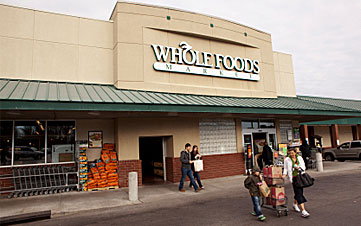
Priceline.com (PCLN)
52-week high: $764.75
52-week low: $444.00
2011 free cash flow (in billions): $1.3
FCF/E (3-year average): 1.2
In 2011, Priceline.com produced cash flow of $1.3 billion, with capital expenditures of just $47 million. For the past three years, depreciation has averaged $48 million annually; cap-ex, $28 million.
The online travel agent plans to invest in its international operations, where it pulls 81% of its bookings. It doesn't pay a dividend. But it shelled out $260 million in 2010 and 2011 and another $166 million in March to buy back shares.
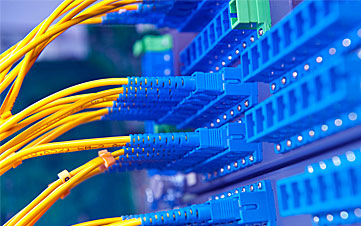
Whole Foods Market (WFM)
52-week high: $96.77
52-week low: $56.40
2011 free cash flow (in billions): $0.6
FCF/E (3-year average): 1.7
Executives at Whole Foods seem to have learned from their past money mistakes. After pushing too fast for growth and acquiring Wild Oats for a pricey $565 million in 2007, the company needed to pull out of its debt with an infusion of cash from private equity firm Leonard Green.
Now, the company's keeping its powder dry and its cash cushion stuffed. The high-end grocer is ramping up growth again, but this time, without depleting its cash hoard; it plans to open 25 new stores in this fiscal year that ends in October and 28 to 32 the following year. The company raised its dividend in January by 4 cents, to 14 cents per share. The stock, at $94.46, yields 0.6%.
Whole Foods had a cash flow of $755 million last year, with capital expenditures of $167 million.
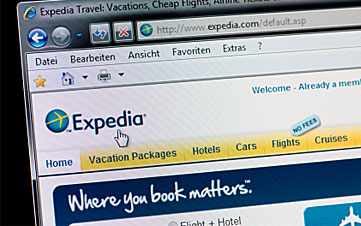
Cisco Systems (CSCO)
52-week high: $21.01
52-week low: $14.78
2011 Free cash flow (in billions): $8.9
FCF/E (3-year average): 1.4
Cisco's shares have never recovered after sinking sharply after the tech bubble burst in 2000. But the company's balance sheet is rock solid, with cash far outweighing debts. And the stock is dirt-cheap, going for 9 times estimated earnings of $1.91 per share for the year that ends in July 2013.
The telecom-equipment giant began paying a dividend in 2011 and increased the quarterly payout by 2 cents, to 8 cents a share, in April. In mid August, Cisco announced another dividend increase, to 14 cents a share, starting with the October payment. Its stock, at $17.35, yields 3.2%. The company also bought back $4.4 billion worth of shares in the fiscal year that ended in July.

Expedia (EXPE)
52-week high: $58.87
52-week low: $27.76
2011 Free cash flow (in billions): $0.8
FCF/E (3-year average): 1.7
Like rival Priceline.com, online travel company Expedia is focusing on international growth. Along with its namesake site, the company runs Hotels.com and Hotwire.com, as well as the European online hotel booking site Venere.com. Expedia also has a majority stake in eLong.com, a Chinese online travel agency. Expedia also recently acquired Nordic travel company Via Travel.
Expedia had cash flow of $1.0 billion in 2011, with depreciation of $155 million and capital expenditures of $208 million. The company recently announced that it is boosting its quarterly dividend by 4 cents, to 13 cents a share; at $52.91, the stock yields 1.0%.

Apollo Group (APOL)
52-week high: $57.70
52-week low: $26.04
2011 Free cash flow (in billions): $0.7
FCF/E (3-year average): 1.3
Apollo Group and its for-profit education brethren face significant headwinds as the Department of Education continues to scrutinize their businesses. Apollo is doing a decent job of adhering to tightening regulations meant to protect students from predatory recruiting tactics and graduating with high debt to income ratios. But its revenues coming from federal loans are nearing the 90% limit.
The company's balance sheet is doing fine, preparing it well for funding growth and paying down debt. It had a cash flow of $897 million last year and capital expenditures of $163 million. The stock trades at $28.15 a share.

Amazon.com (AMZN)
52-week high: $246.71
52-week low: $173.10
2011 Free cash flow (in billions): $2.1
FCF/E (3-year average): 2.9
Amazon.com is an example of a company that's investing heavily to good effect. Last year, the online retailer spent $1.8 billion -- or triple its net income -- on capital expenditures. With $9.6 billion in cash and short-term investments and at least $3 billion in cash flow per year over the past three years, Amazon is not in danger of running out of money. Still, CEO Jeff Bezos is boldly spending to solidify his company's dominant position as the place to buy stuff on the Internet. The stock trades at $237.42.

Profit and prosper with the best of Kiplinger's advice on investing, taxes, retirement, personal finance and much more. Delivered daily. Enter your email in the box and click Sign Me Up.

-
 Dow Leads in Mixed Session on Amgen Earnings: Stock Market Today
Dow Leads in Mixed Session on Amgen Earnings: Stock Market TodayThe rest of Wall Street struggled as Advanced Micro Devices earnings caused a chip-stock sell-off.
-
 How to Watch the 2026 Winter Olympics Without Overpaying
How to Watch the 2026 Winter Olympics Without OverpayingHere’s how to stream the 2026 Winter Olympics live, including low-cost viewing options, Peacock access and ways to catch your favorite athletes and events from anywhere.
-
 Here’s How to Stream the Super Bowl for Less
Here’s How to Stream the Super Bowl for LessWe'll show you the least expensive ways to stream football's biggest event.
-
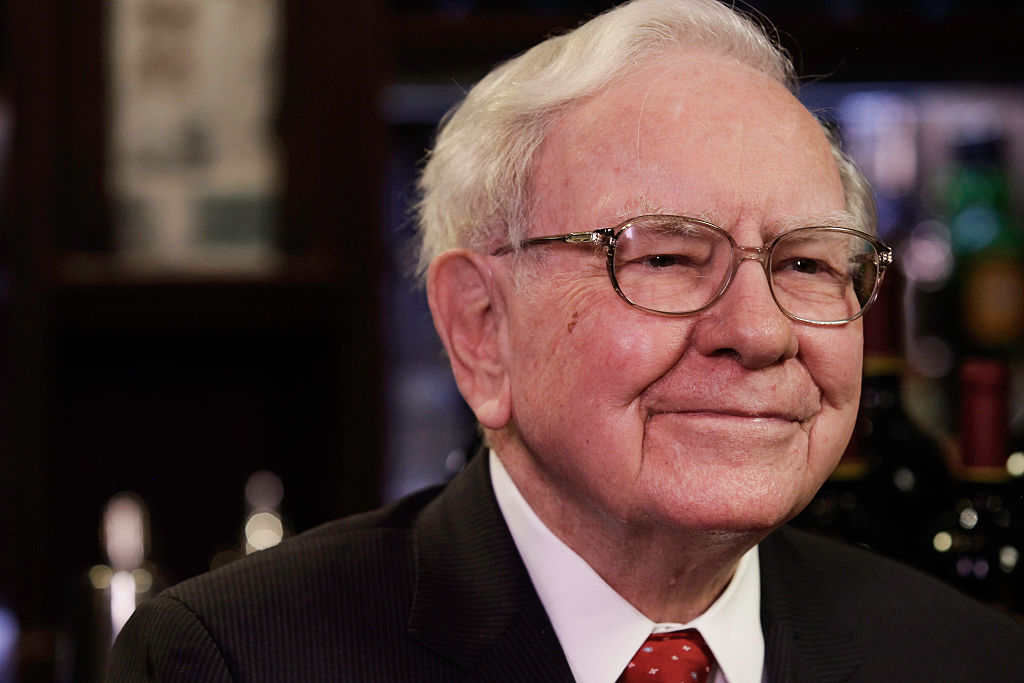 What Made Warren Buffett's Career So Remarkable
What Made Warren Buffett's Career So RemarkableWhat made the ‘Oracle of Omaha’ great, and who could be next as king or queen of investing?
-
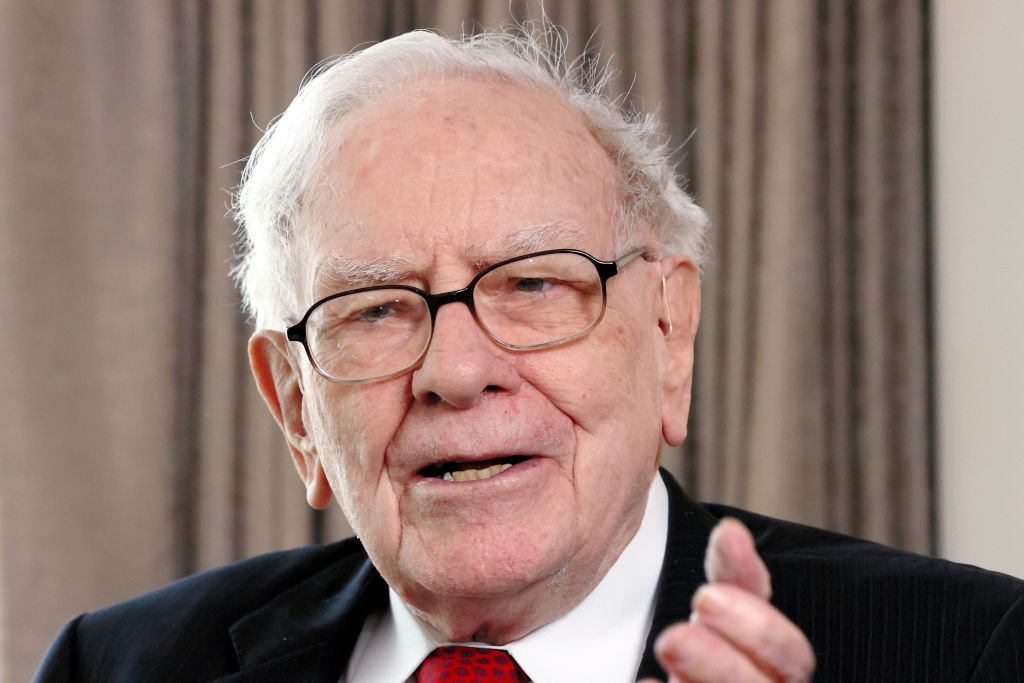 With Buffett Retiring, Should You Invest in a Berkshire Copycat?
With Buffett Retiring, Should You Invest in a Berkshire Copycat?Warren Buffett will step down at the end of this year. Should you explore one of a handful of Berkshire Hathaway clones or copycat funds?
-
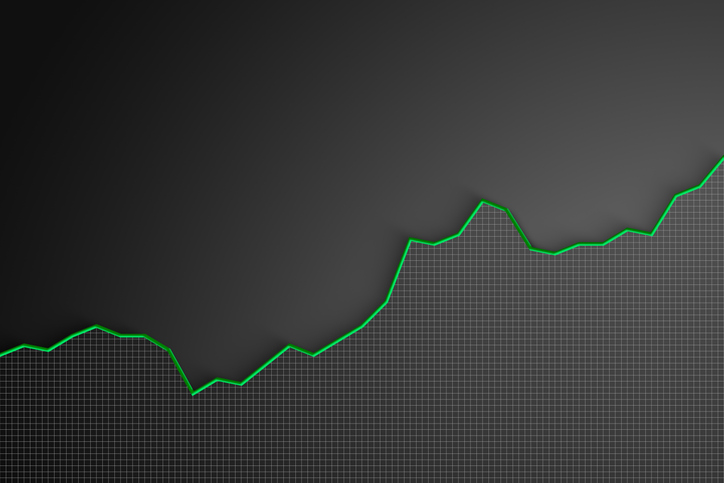 Stocks at New Highs as Shutdown Drags On: Stock Market Today
Stocks at New Highs as Shutdown Drags On: Stock Market TodayThe Nasdaq Composite, S&P 500 and Dow Jones Industrial Average all notched new record closes Thursday as tech stocks gained.
-
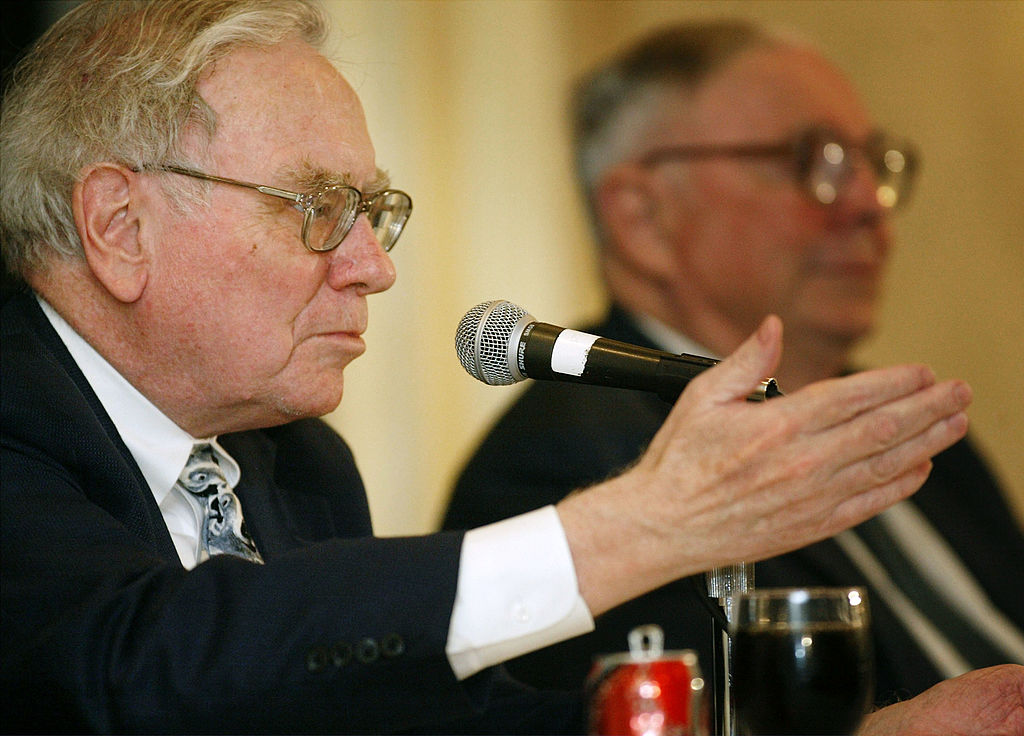 9 Warren Buffett Quotes for Investors to Live By
9 Warren Buffett Quotes for Investors to Live ByWarren Buffett transformed Berkshire Hathaway from a struggling textile firm to a sprawling conglomerate and investment vehicle. Here's how he did it.
-
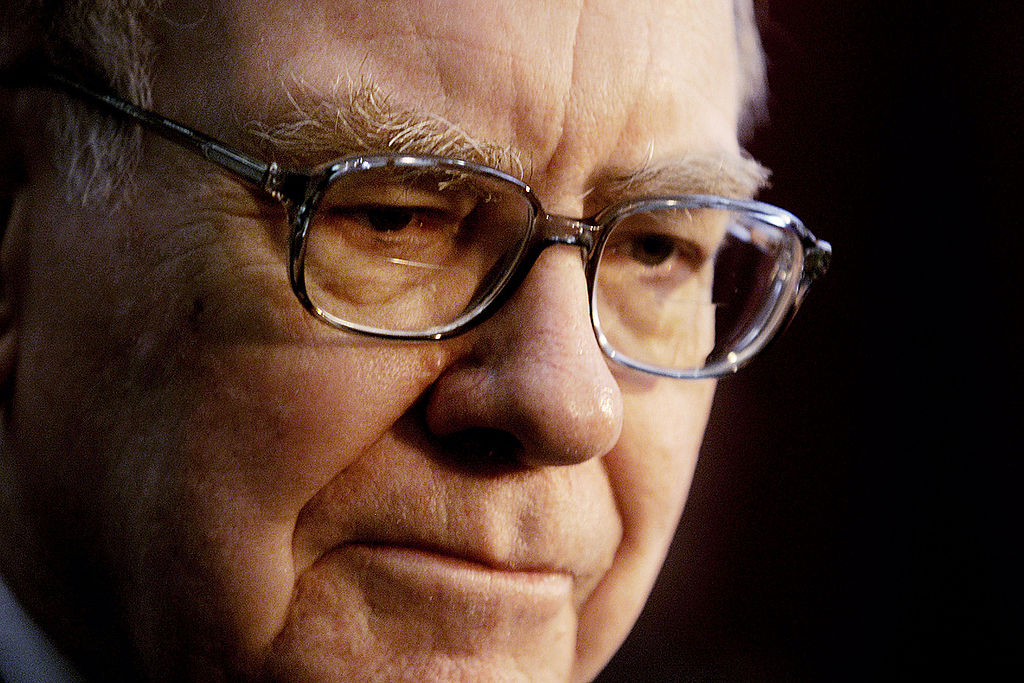 A Timeline of Warren Buffett's Life and Berkshire Hathaway
A Timeline of Warren Buffett's Life and Berkshire HathawayBuffett was the face of Berkshire Hathaway for 60 years. Here's a timeline of how he built the sprawling holding company and its outperforming equity portfolio.
-
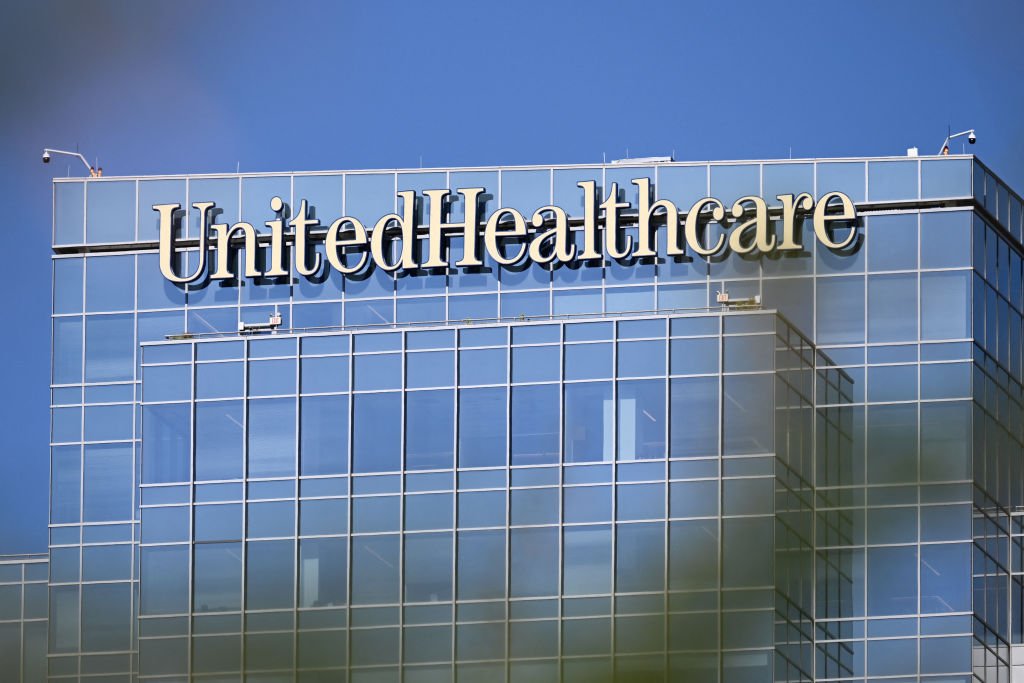 Berkshire Buys the Dip on UnitedHealth Group Stock. Should You?
Berkshire Buys the Dip on UnitedHealth Group Stock. Should You?Buffett & Co. picked up UnitedHealth stock on the cheap, with the embattled blue chip one of the newest holdings in the Berkshire Hathaway equity portfolio.
-
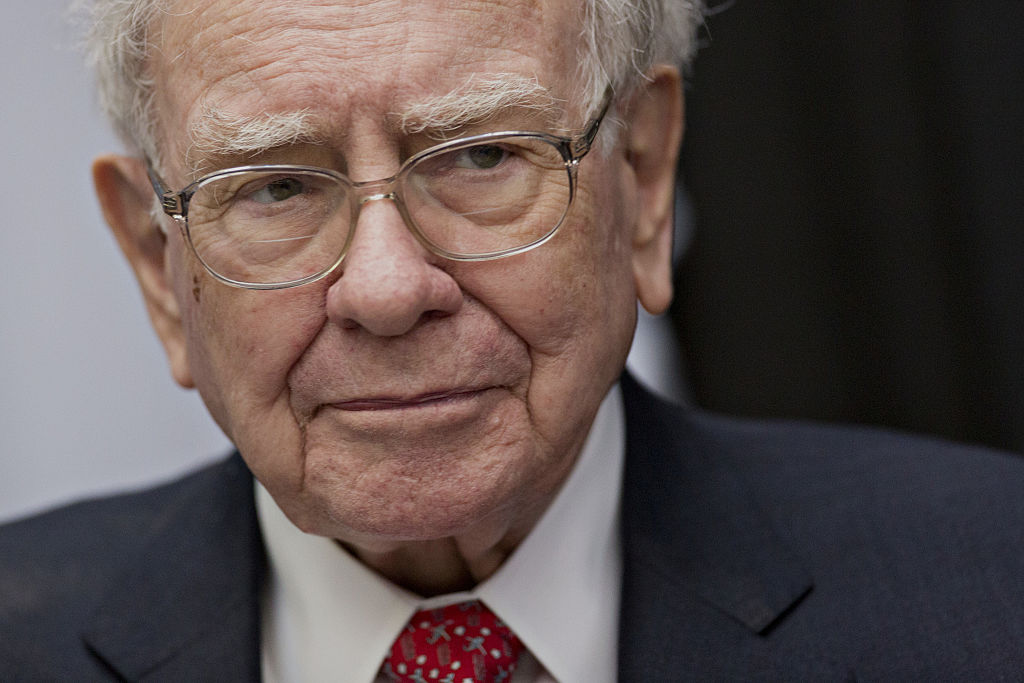 What Set Warren Buffett Apart
What Set Warren Buffett ApartAs Warren Buffett prepares for retirement, we reflect on what we've learned from his 60 years of leadership at Berkshire Hathaway.
-
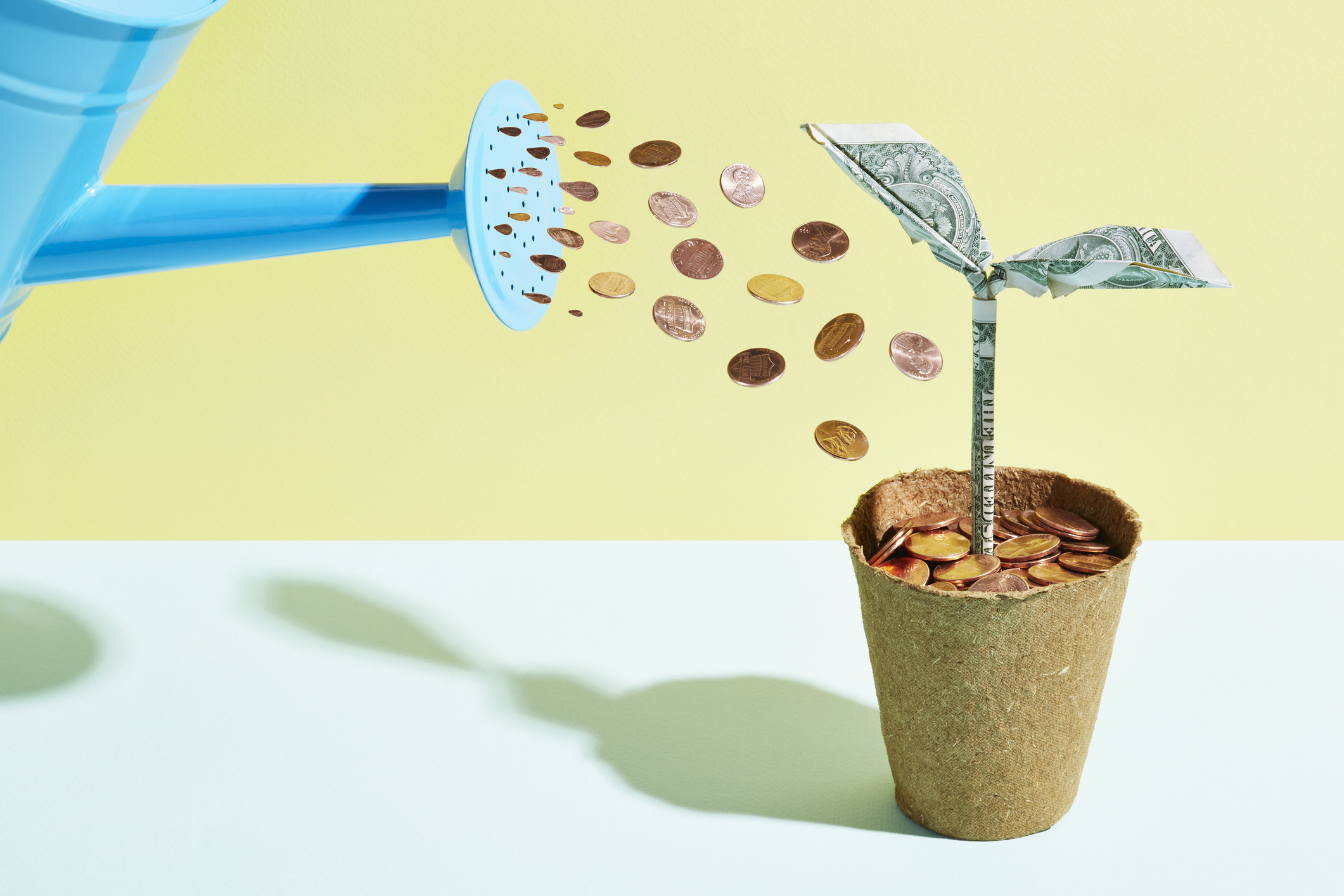 Value vs Growth Investing Isn't So Simple
Value vs Growth Investing Isn't So SimpleThe difference between growth and value stocks isn't black and white.
